In a Friday hearing in The Hague, Netherlands, the United Nations' International Court of Justice issued a ruling that acted on a request by the South African government that directs Israel to take immediate action to prevent genocide in Gaza. The court was acting on a request from South Africa's government, which had accused Israel of committing mass genocide against the residents of Gaza.
However, the Court did not act on a cease-fire order in the same request.
Additionally in the Court's ruling, they said that Israel must take immediate steps to limit the collateral damage caused by the fighting between Hamas terrorists and the Israeli Defense Forces in Gaza. But the ICJ also said that Israel must "prevent and punish" incitements for genocide and ensure the safe passage of relief supplies to Gaza.
South Africa had recently accused Israel of violating international law against mass genocide in its campaign against Hamas terrorists in Gaza and further asked the court to force a cease-fire and an end to the Israeli military campaign in Gaza. Except for South Africa's request that Israel be ordered to cease fire, the Court's decision granted all of their requests.
“The catastrophic humanitarian situation in the Gaza Strip is at serious risk of deteriorating further before the Court renders its final judgment,” Judge Joan Donoghue, the Court’s president, said Friday.
The Court’s 17-judge panel issued six emergency measures, ordering Israel to “take all measures within its power” to prevent acts which could fall foul of the Genocide Convention, and saying it must “ensure with immediate effect that its military does not commit” any genocidal acts.
The Court also ordered Israel to “prevent and punish the direct and public incitement to commit genocide,” as well as to “ensure the provision of urgently needed basic services and humanitarian assistance” in Gaza.
The Court's ruling acts like a typical restraining order until the Court can properly consider the full merits of South Africa's request, which could take years. Even though the Court's decisions are binding and cannot be appealed, neither the ICJ nor the UN has any way to enforce the ruling, and Israel has stated publicly that they will not abide by nor accept the ruling of the Court.
Despite the ruling, Israeli Prime Minister Benjamin Netanyahu applauded the ruling that he believed affirmed the rejection of discrimination against Israel.
“Like every country, Israel has an inherent right to defend itself,” he said in a short video message. “The vile attempt to deny Israel this fundamental right is blatant discrimination against the Jewish state, and it was justly rejected.”
However, "legal experts" from around the world say that the Court's ruling made a damning allegation against Israel, saying that the Court found ample evidence that suggests Israel could "plausibly" be violating laws against genocide. South Africa took the strongest stance against Israel by alleging the IDF was purposefully and intentionally trying to destroy and kill the residents of Gaza as one separate group.
The Israeli government vehemently denies that allegation and has repeatedly stated that there is no shred of evidence to suggest the IDF is either intentionally or unintentionally committing mass murder and genocide of anyone in Gaza and suggests that any accusation to the contrary is not based on any truth. They reiterate that if any group is guilty of attempting genocide, it is Hamas.
Israel claimed if genocidal acts had been committed, they were “perpetrated against Israel” on October 7, when Hamas fighters stormed into the country from Gaza, killing more than 1,200 people and taking 240 hostage, according to Israeli officials. Israel’s retaliatory offensive in Gaza has since killed more than 26,000 people, according to the Hamas-run health ministry in the enclave.
This is a developing situation and will be updated as soon as new information is released.
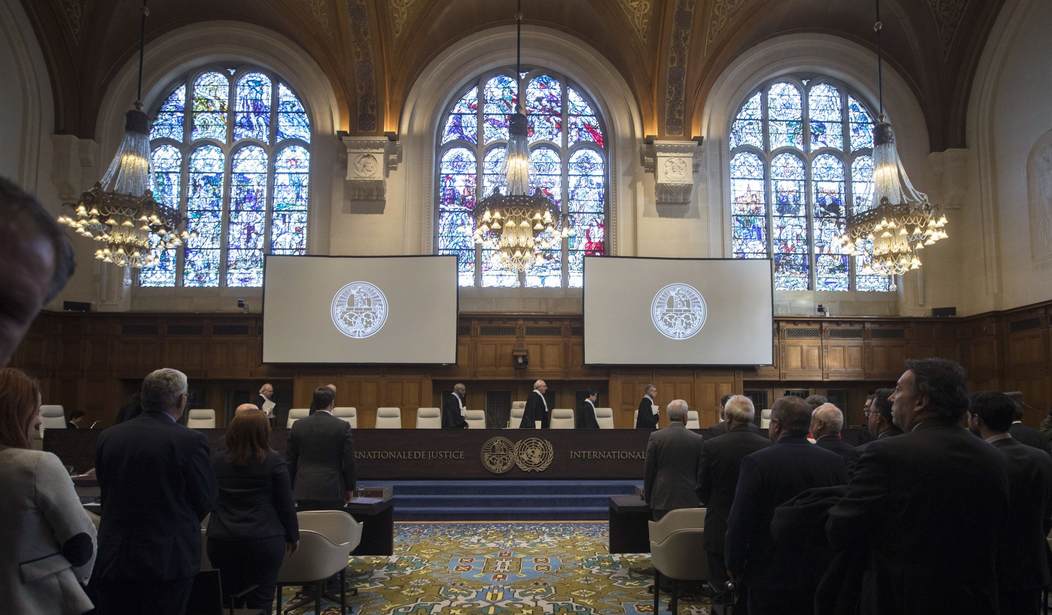
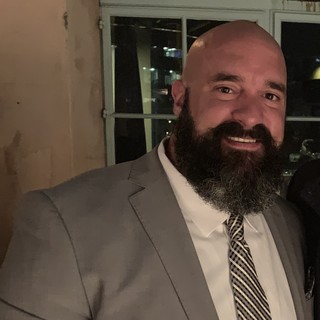









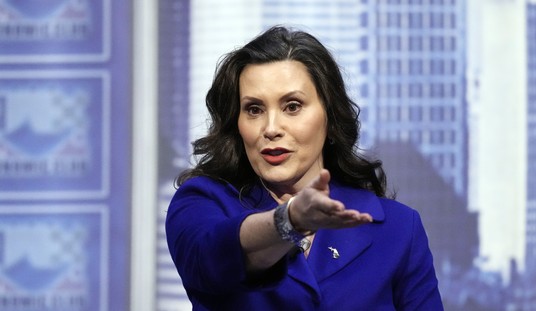
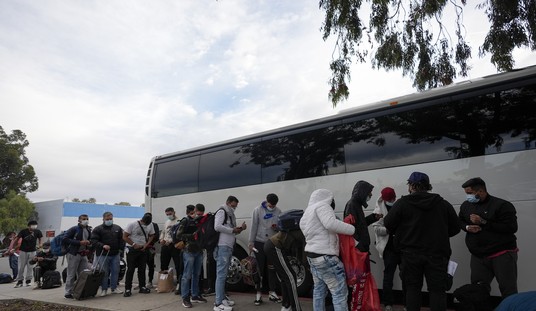
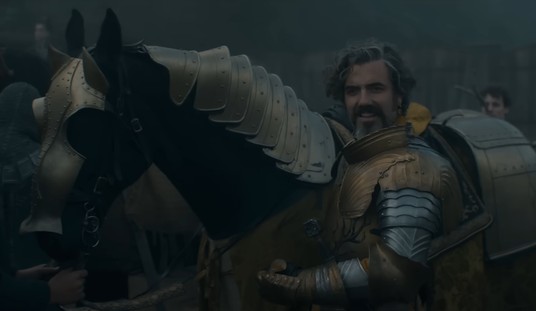
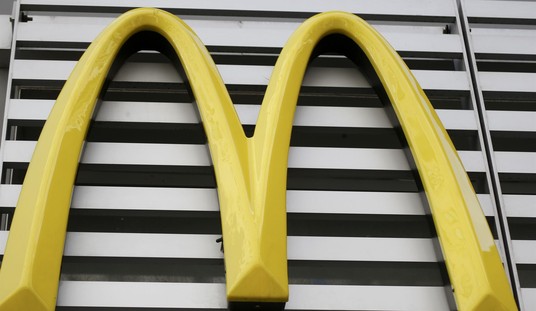
Join the conversation as a VIP Member